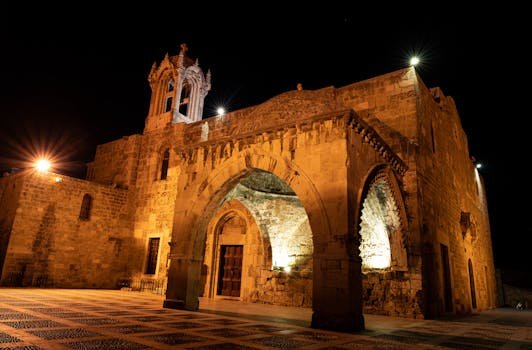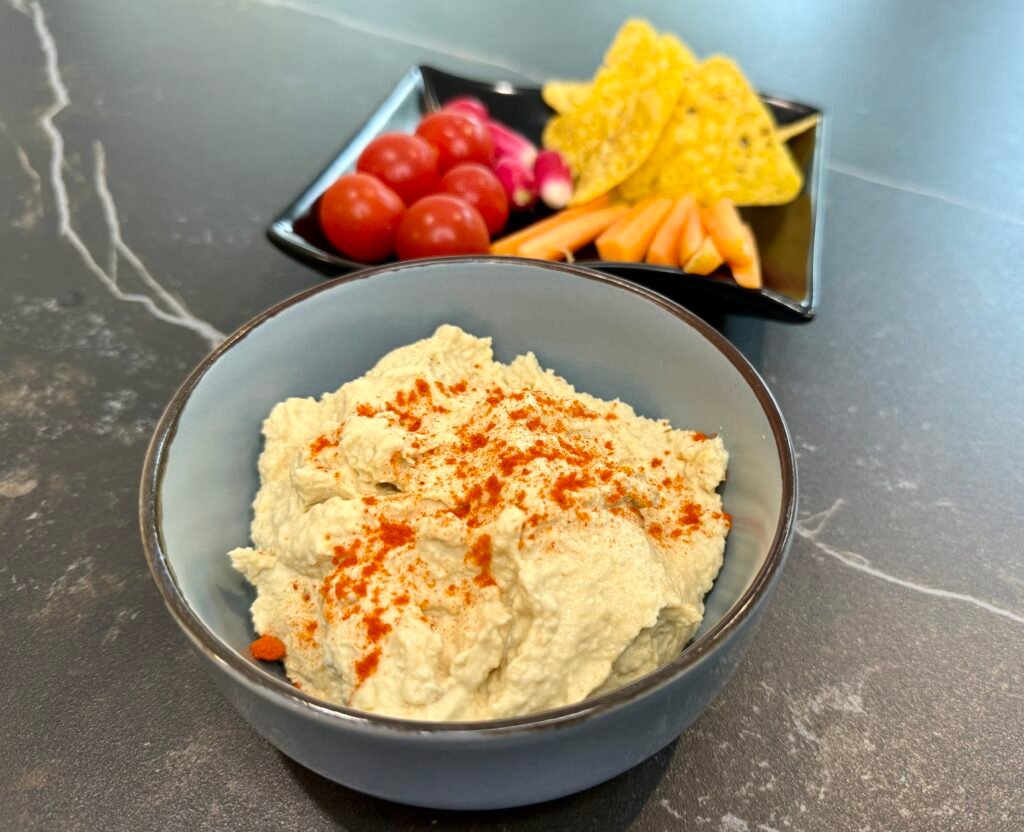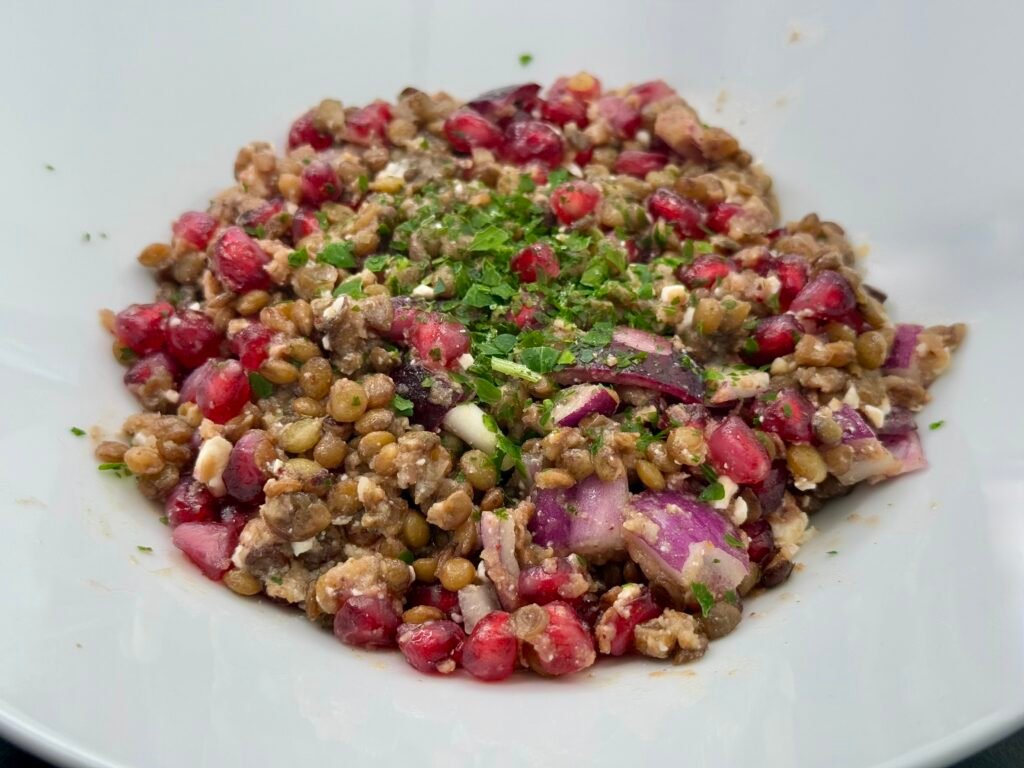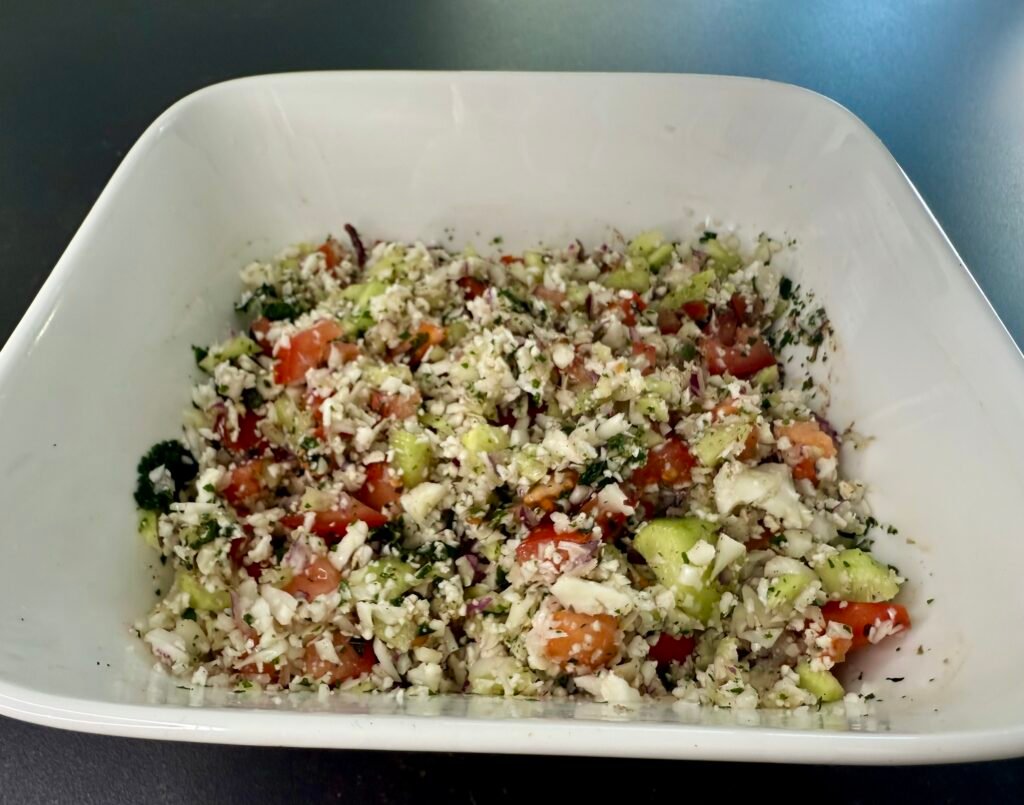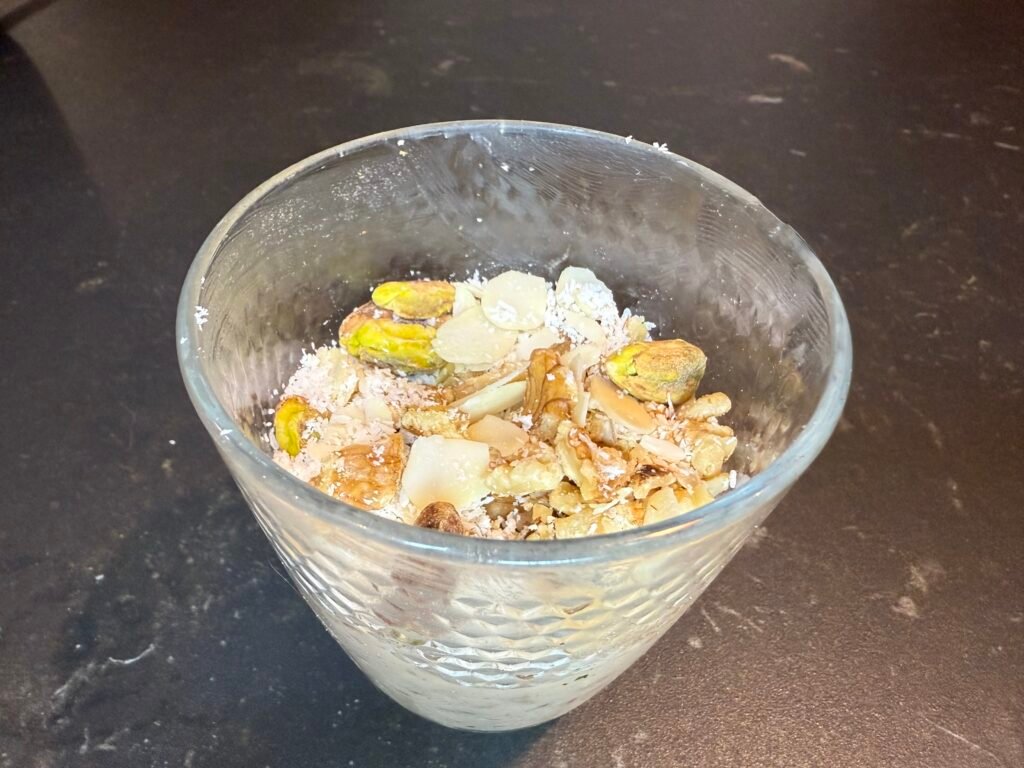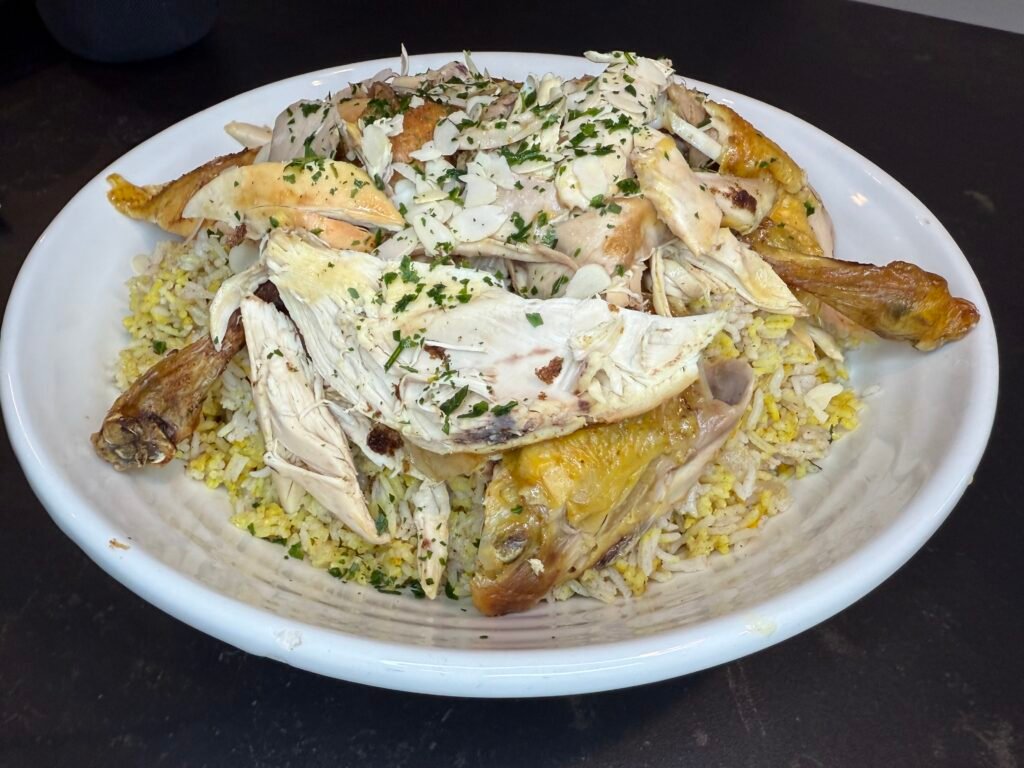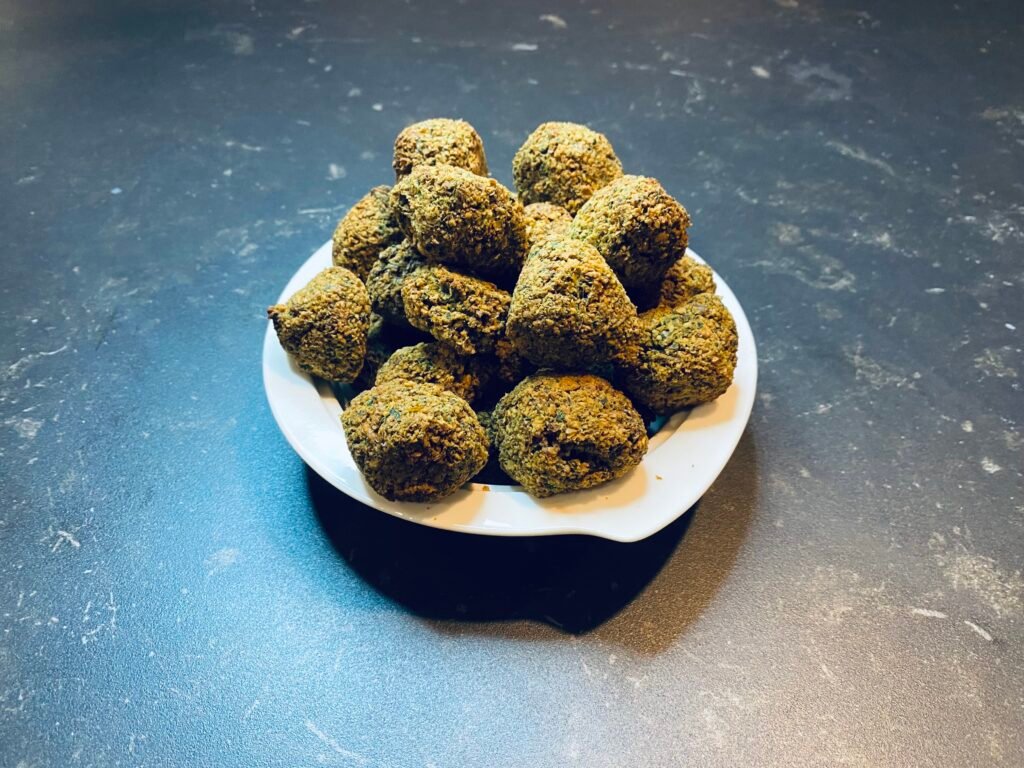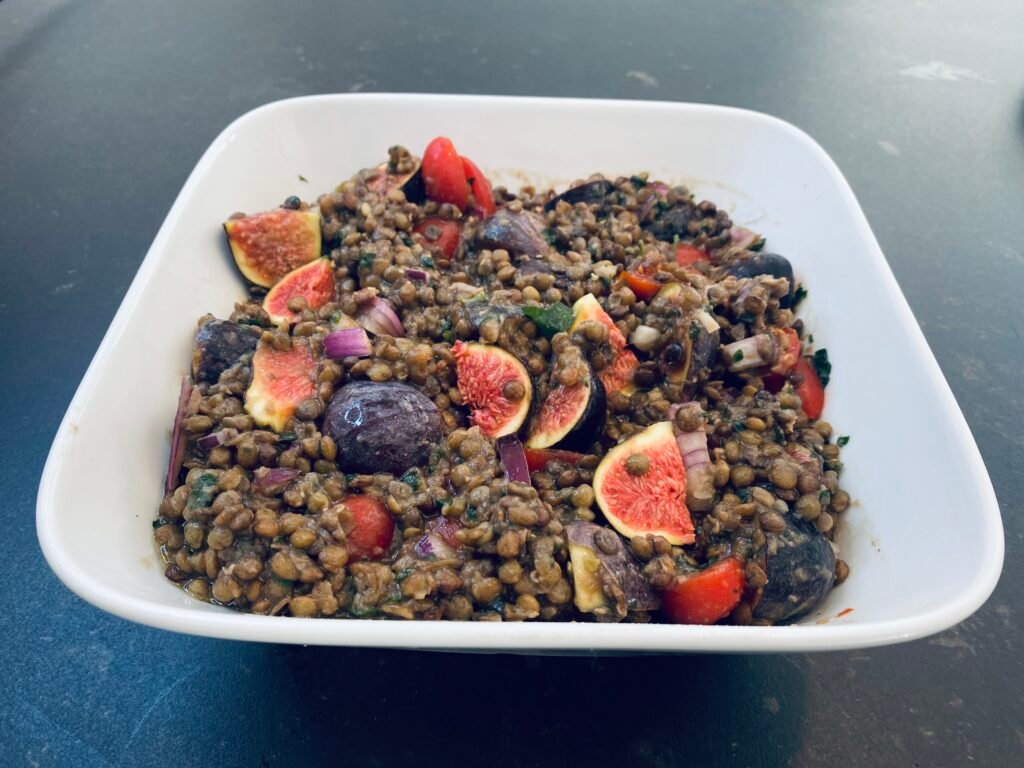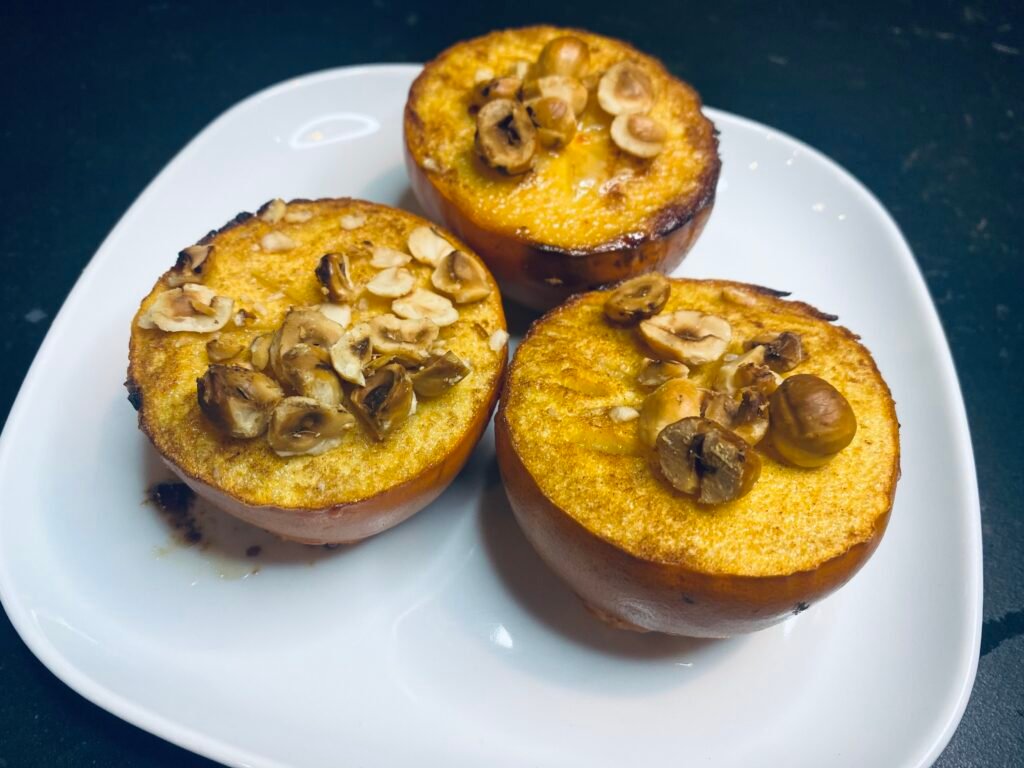Lebanon, nestled between the Mediterranean and the mountains, is a country with a rich historical past. Cradle of Phoenician civilization, it has seen many civilizations pass through, from the Romans to the Ottomans, including the Crusaders. This historical diversity has shaped a unique culture, where Arab traditions, European influences and ancient heritage combine. Since independence in 1943, Lebanon has been known as the “Paris of the Middle East” for its refinement and cultural openness, despite the political and social challenges it has faced.
Lebanon is a land where ancient history meets vibrant modernity, offering unparalleled cultural richness.
Traditional Gastronomy and Gluten Free Options
Lebanese cuisine, recognized throughout the world for its fresh and fragrant flavors, highlights healthy ingredients such as vegetables, legumes, fresh herbs and olive oil. Many Lebanese dishes are naturally gluten-free, or easily adaptable, making them perfect for specific diets.
Here are some naturally gluten-free Lebanese dishes:
- Tabbouleh (version without bulgur) : A fresh salad of parsley, mint, tomatoes and lemon, prepared with quinoa or rice flour.
- Hummus : A chickpea puree seasoned with tahini, lemon juice and garlic, served as a starter.
- Kebbé Nayé (wheat-free) : A lamb or beef tartare mixed with spices and onions, adapted with gluten-free cereals.
- Fattouche (without bread) : A colorful salad with fresh vegetables, sumac and pomegranate molasses.
These dishes show how Lebanese cuisine is both tasty, varied and respectful of gluten-free dietary needs.
The Must-See Things to Visit in Lebanon
Lebanon, despite its small size, is full of historical, natural and cultural sites to explore. Here are some must-see places:
- Beirut : The vibrant capital, where modernity rubs shoulders with history, with districts like Gemmayzé and the National Museum.
- Baalbek : An ancient city home to some of the best preserved Roman temples in the world.
- Byblos (Jbeil) : One of the oldest continuously inhabited cities, with its Phoenician ruins, its old port and its markets.
- The Cedars of Lebanon : These emblematic trees, present for millennia, are protected in nature reserves such as that of Bcharré.
These sites

